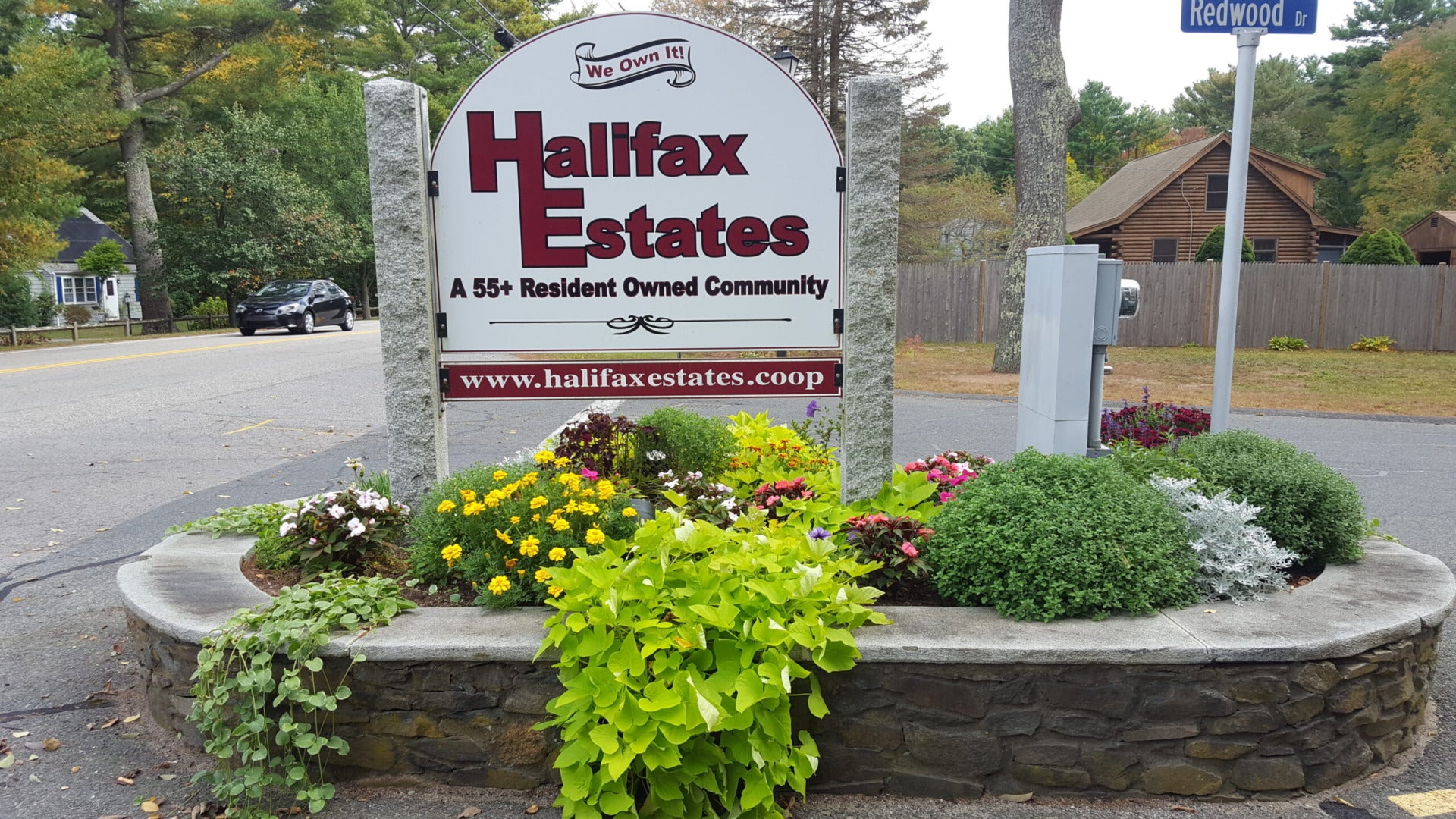Everything changes when you share ownership of your community – The Aspen Institute


Mobile home parks can have a bad reputation. They are often depicted as unsafe, lonely, and fractured places, where folks end up when they have no other choice. But for Deb Winiewicz, her mobile home community in Halifax, MA, was anything but that. It was her dream place to retire.
A former 911 dispatcher, she moved with her husband a few years ago to Halifax Estates, a 430 homes park for folks 55 and older. They wanted connection.
Despite being a low-to-moderate income community, the residents have shared spaces, including a club house, a gym, a library, and a workshop. Folks get together regularly in several social clubs, like a singing group that meets weekly and performs for residents and nursing homes. And if some people need rides or are struggling to pay their utility or medical bills, neighbors help out through a Helping Hands Committee.
It wasn’t always that way. In most mobile home parks, the residents own their houses but not the land beneath them. Each month, they pay rent to a management company. “It doesn’t even sound right to say, ‘I own the home but not the land,’” says Winiewicz.
Halifax Estates was like that until seven years ago. Then, the family that owned the land got an offer to sell from a big developer. The residents of Halifax Estates took advantage of Massachusetts’s Right to Purchase law, organized, and bought the 154 acres of land with the help of two nonprofits, ROC USA and Cooperative Development Institute, who helped them get the $27 million loan. Today, Halifax Estates is the largest resident-owned mobile home community in the country.
“What usually occurs in mobile home parks is that people live there, but don’t know each other,” says Paul Bradley, CEO of ROC USA. “When we show up, for some folks it’s the first time meeting their neighbors. And suddenly, they’re contemplating buying the community as a shared equity co-op. It’s a pretty intensive process that gets people connected socially and economically.”
ROC USA advises the resident-owned communities (ROCs) on how to get started. Each community elects their own board composed of 4 to 9 people, depending on the size of the community. Everyone in the community has a vote in every important decision, from creating shared spaces like a library to deciding to upgrade the street lights. ”You need to listen to people, because everybody owns a share of this community, and that can be a challenge. Communication can be a challenge. But to even be able to tackle issues together, is just a wonderful thing,” says Winiewicz.
Having a sense of ownership inspires folks to take an active role in their community and beyond. Winiewicz first got involved in her community’s board, where she served as the rule/bylaw committee chair and as board president. Today, she is the ROC Association New England Director and sits on the board of ROC USA. Together with other ROC leaders, they advocated to the Federal government to create the PRICE Fund, a $225 million fund for community infrastructure and community resiliency investments.
“Halifax Estates has such a strong board and leadership that they are vocal advocates for other homeowners in many communities that are not ROCs yet and are being taken advantage of,” says Bradley. ”When there was an oil spill in a neighboring community, they responded by organizing communities around them, so that the out-of-state investors who owned the park had to actually respond to fix it.”
“Every time we build connected communities like ours, we are taking away the horrible stereotypes of trailer parks and trailer people,” says Winiewicz. “We are changing perceptions so that people realize that in manufactured home communities, we are good people and can build thriving communities.”
This story was originally published on Weave’s newsletter. You can subscribe here for more stories.

Student loans often follow borrowers for years, sometimes decades. Even people who fully understand how much they borrowed can feel...

It was a busy week for RIA aggregators. There were a few large moves, including $235 billion multi-family office Cresset...

Blog Posts Archives UnfavoriteFavorite February 27, 2026 Weave: The Social Fabric Project Subscribe to Weave’s Newsletter This story was originally...